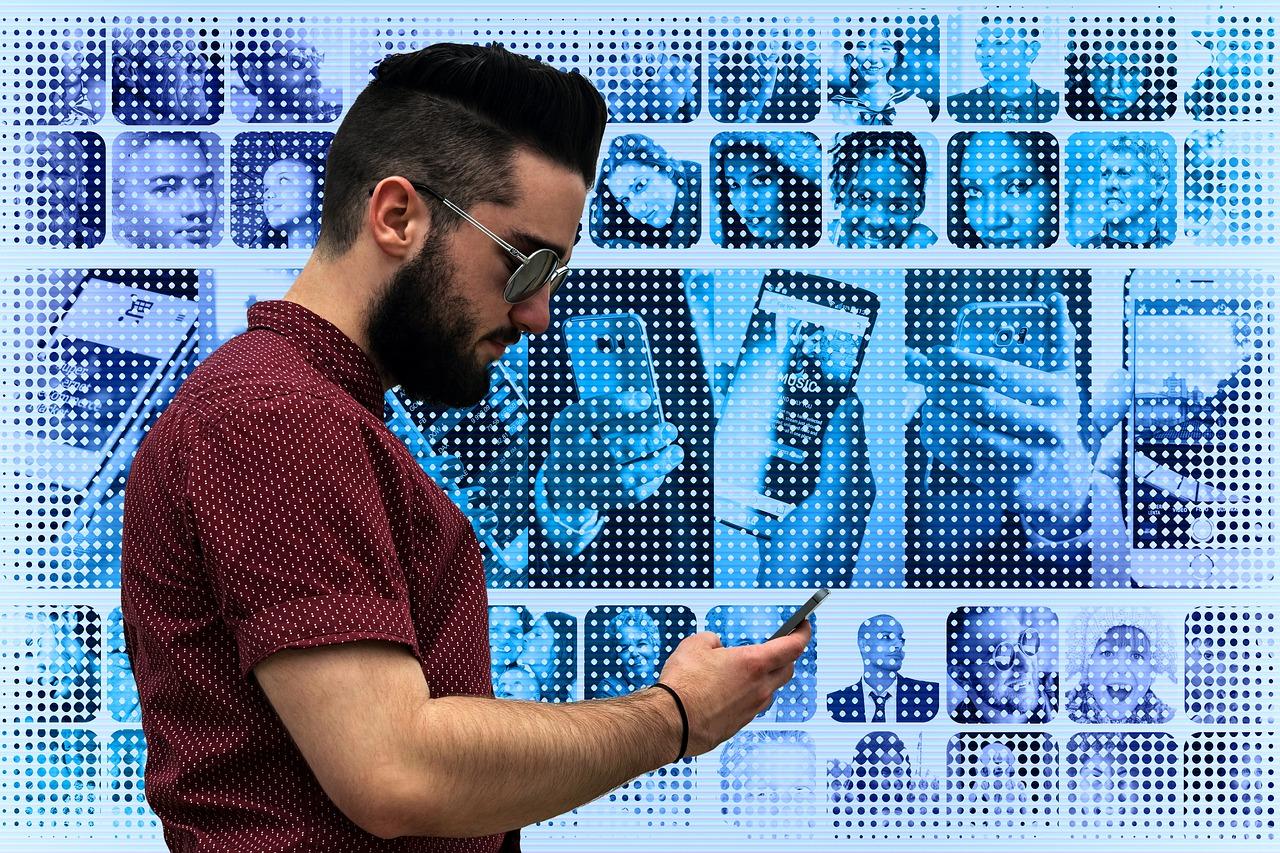Meeting someone you are compatible with isn’t always an easy task, particularly if you are a busy, successful person. It is important to maintain your independence in a relationship.
When you do meet someone special and things are going well between the two of you, it can feel like you’ve hit the jackpot. So, you take the next step and decide to introduce that special someone to your friends.
You are optimistic. Afterall, you get along with your partner, you get along with your friends, what could possibly go wrong? You introduce them without any fear. This will go well, right?
And they hate each other.
Ugh. Not the outcome you had hoped for.
It’s difficult to predict who will like and approve of who in this crazy, topsy-turvy world of friends and loved ones.
If you find yourself in a situation in which they don’t like each other much, there are some ways to navigate the situation so that you can stay sane and maintain the connections with all involved.
Navigating the Negatives in your relationship
You probably feel like you are smack in the middle of this thing, and you are. Don’t try to ignore the situation and pretend it will go away, that will only make things worse for you and your loved ones.
Ask questions:
Give them a chance to tell you before you assume they dislike the person. Ask direct questions, such as “what do you think of (insert name or relationship)?”
If you are getting vague and indirect answers and want to push for more specifics, try, “what are some pros and cons about this person that you can see?”
You could also ask, “do you like him/her? Why or why not?” Gauge your specific questions to the person you are asking. A good general question might be, “do you have concerns about this relationship?”
Find out if there is a back-story:
If your partner dislikes your friends, explore whether he/she has had similar challenges in past relationships or if this is something new.
If your partner has had previous experiences of being outcast by partner’s friends, it may simply be unresolved baggage. Also beware if this is a pattern that suggests jealousy or insecurity, as this could impact the quality of your relationship in the long run.
Are they seeing something you’re not:
If family or friends dislike your partner, maybe they are sensing a trend in your choice of partners that they aren’t disclosing.
Did they also dislike other people you’ve been involved with? What were some of the reasons? Sometimes loved ones can spot negative patterns we exhibit long before we can. Ask the questions. What do they see that you may be blinded to right now?
Create ways to connect:
It may be that they simply don’t know each other yet. Some good ways to foster connection could be hosting a game night at your place, signing the group up for an escape room or go to karaoke together.
Give them a chance to bond, whether over a silly game or a problem-solving adventure. It could be that your friends, family and partner may be nervous about being disliked.
The stakes are high when you are meeting the loved ones of a loved one, especially if you have some underlying insecurities.
Whether your friends and partner like each other or not, keep in mind that you do not need to choose.
If anyone you love is asking you to choose between them and someone else, that is a set up for disaster. Stay true to yourself and be sure that you are following the values that guide your life.


